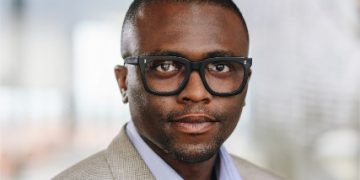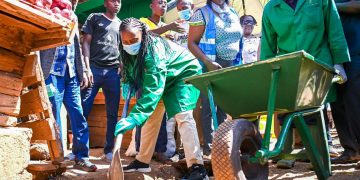A new report by Yemaya Health Advisory shows that faith leaders hold significant influence over the health seeking behaviors and choices in their communities.
The report revealed a critical gap in their understanding of key health issues such as sexual and reproductive health, vaccine uptake, and early marriage, hindering their influence.
Speaking at a workshop held in Nairob, Dr. Nduku Kilonzo,CEO of Yemaya Health Advisory emphasized the critical role of faith in shaping key health policies.
“The reason why we needed to engage faith leaders is because faith leaders are central to how communities act in terms of community norms, social norms, gender norms, and how all of those things affect health-seeking behavior, health services, and health uptake. Faith leaders actually do mediate how and when people go and take up health.”
The report which was based on ‘The Faith Leaders’ Listening Exercise’, was conducted between April and June 2025, it captured voices from 425 religious leaders spanning Christian, Muslim, and traditional faiths.
The research focused on understanding the how the clergy perceives and responds to critical public health issues HPV vaccination, contraception, and early marriage as these topics are often cloaked in cultural taboos and theological tension.
According to the report despite the integral part faith leaders play in health seeking behaviors in communities they are usually left out of important conversations surrounding health policies or contacted when it’s too late.
Dr. Kilonzo explained that the project’s goal was not to preach to faith leaders, but to listen.
“They are trusted voices. They mediate how people seek wellness through prayer, through communication, and even through providing direct services. But we found there’s limited engagement between faith actors and health policymakers, and a lack of information on interventions like the HPV vaccine or contraception.”
Nearly 96 per cent of Kenyans identify as religious and religious leaders can influence nearly 50 per cent of their congregations’ decisions, underscoring their impact on health outcome.
Bishop John Warari, Chair of the Evangelical Alliance of Kenya spoke on the importance of balancing religion and science for the betterment of the community.
“When faith and science meet, the outcome is nothing less than a miracle, we are here because we have a Ministry of Presence. The issues of contraception, Human Papillomavirus Human Papillomavirus (HPV) vaccine, and early marriage involve us. It is our responsibility to interact with science, guided by faith.”
Affirming the importance of involving the religious leaders, Bishop Warari cited lack of involvement of the clergy for the apprehension that surrounded the HPV vaccine.
“There have been missteps,” Bishop Warari confessed. “But when we were taken through the science, we embraced it. We should not be left behind.”
The findings made by Yemaya Health Advisory are based on qualitative data, including 35 focus group discussions, 11 key informant interviews, and 67 avatar-based interviews with a total of 425 faith leaders from Christian, Muslim, and traditional faiths.













